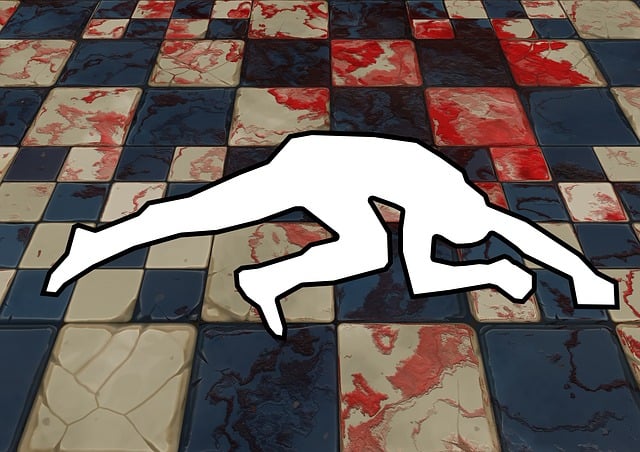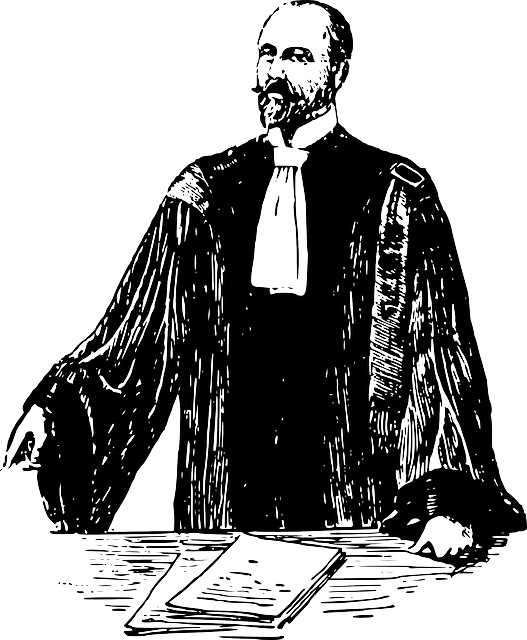Understanding Oregon's criminal defense laws is crucial for anyone facing charges, as it forms the basis for navigating protective rights and regulations. Legal professionals with criminal proceedings expertise guide clients through arrest to trial, ensuring rights are respected and state rules followed regarding search, evidence, and questioning. This specialized knowledge allows them to build strong defenses, challenge evidence, and advocate effectively for favorable outcomes.
“In the complex landscape of Oregon’s legal system, understanding criminal defense regulations is paramount. This article serves as your comprehensive guide to navigating these laws and procedures. From deciphering intricate rules to employing strategic defenses, we delve into the crucial aspects that define successful criminal proceedings expertise. Whether you’re a seasoned attorney or a concerned citizen, this resource offers invaluable insights into Oregon’s criminal defense framework.”
- Understanding Oregon's Criminal Defense Laws
- Navigating Court Procedures: Expertise in Action
- Strategies for Effective Criminal Proceedings Defense
Understanding Oregon's Criminal Defense Laws

Understanding Oregon’s Criminal Defense Laws is a cornerstone for anyone facing criminal charges in this state. Oregon’s legal system is governed by a comprehensive set of regulations designed to protect the rights of the accused while ensuring fair and just outcomes for all involved. Those charged with crimes must be knowledgeable about their rights, from the moment of arrest through each stage of criminal proceedings expertise. This includes understanding search and seizure laws, the admissibility of evidence, and the procedures for questioning by law enforcement.
Legal professionals with expertise in Oregon’s criminal defense regulations play a vital role in navigating these complexities. They guide clients through each step, ensuring their rights are respected and that any actions taken align with state laws. This specialized knowledge enables them to build robust defenses, challenge evidence, and advocate effectively on behalf of their clients. Understanding the intricate details of Oregon’s legal framework is key to achieving favorable outcomes in criminal cases.
Navigating Court Procedures: Expertise in Action

Navigating court procedures is a complex task, especially for those unfamiliar with Oregon’s criminal defense regulations. This is where a lawyer’s expertise in criminal proceedings truly shines. They guide clients through every step, ensuring they understand their rights and options. From pre-trial hearings to trial itself, a well-versed attorney knows how to present the best possible defense, utilizing evidence, witness testimony, and legal arguments to challenge the prosecution’s case.
This expertise isn’t just theoretical; it’s about knowing the ins and outs of Oregon’s judicial system, including local court rules and practices. It involves staying up-to-date on recent case law and legislative changes that could impact a client’s case. By leveraging this knowledge, attorneys can effectively strategize, build a robust defense, and advocate for their clients’ best interests within the criminal proceedings.
Strategies for Effective Criminal Proceedings Defense

Having knowledgeable criminal proceedings expertise is paramount in navigating Oregon’s complex legal system. A skilled defense attorney understands the intricacies of the law, from pretrial motions to cross-examining witnesses. They employ strategic tactics such as suppressing evidence through the Fourth Amendment protections, challenging the admissibility of statements under the Fifth Amendment, and negotiating plea deals that minimize client impact.
Effective defense also involves meticulous case preparation, including thoroughly investigating the facts, identifying potential defenses, and crafting persuasive legal arguments. This requires an in-depth understanding of not only criminal law but also procedural rules specific to Oregon courts. Such expertise enables attorneys to build a robust defense, ensuring their clients receive a fair trial and the best possible outcome.














